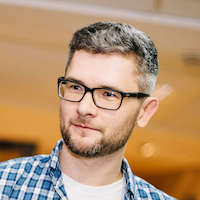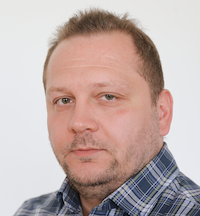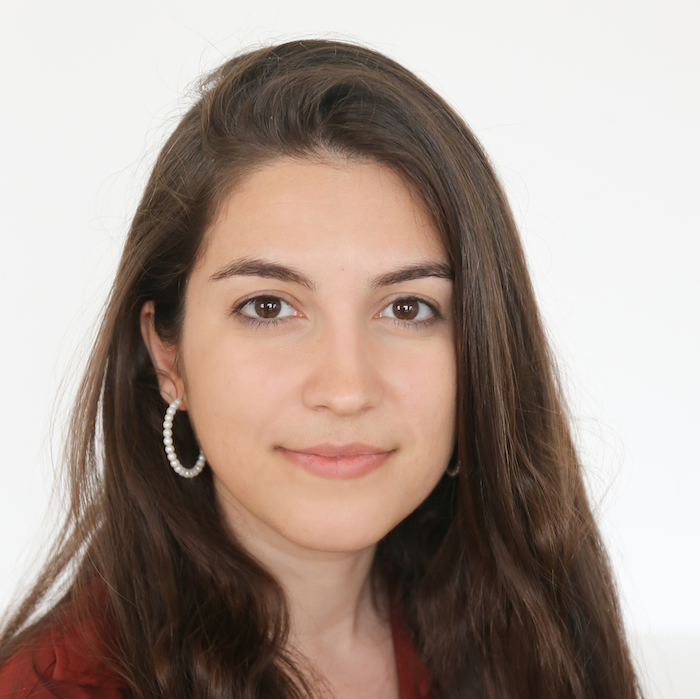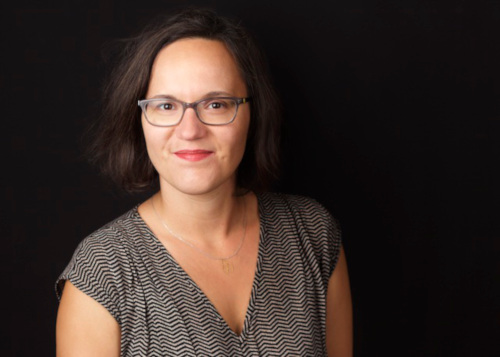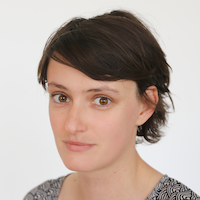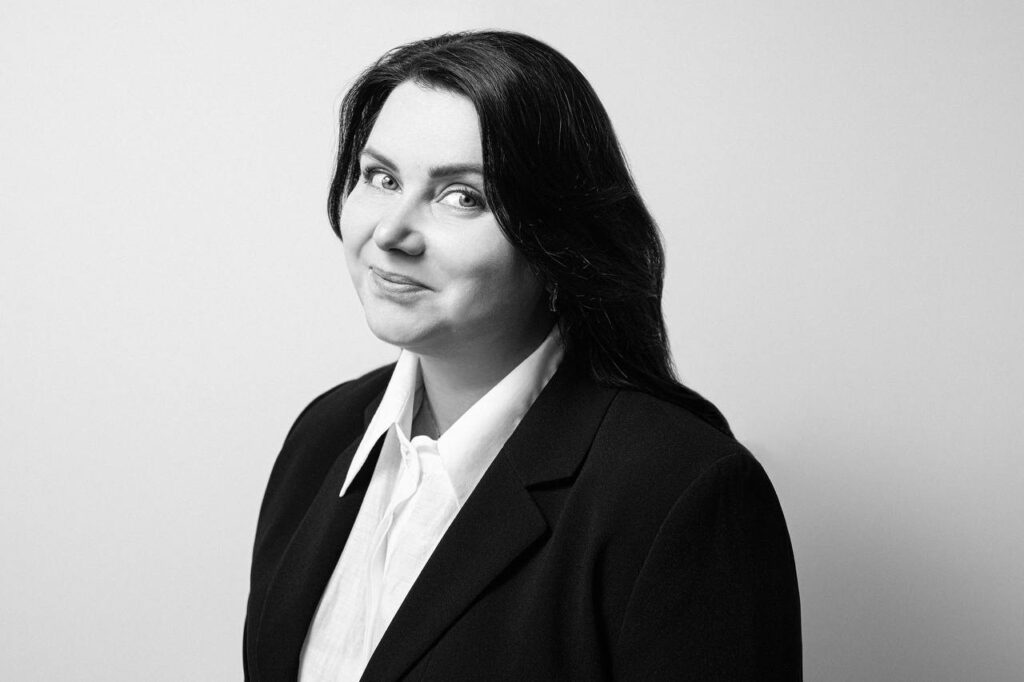Hi from Kyiv,
“War gives you that very feeling of living in the moment,” a seasoned war reporter told me recently. “Actually, you have no other option. Especially on the frontline ― you can’t lose yourself even for two seconds.”
She was right about people in the rear too. It’s hard and often useless to plan long-term, and most people I know opt for things that matter for them in the here and now. The general job interview question “How do you see yourself in five years?” is irrelevant in Ukraine today. It’s pointless to think that far.
But when it comes not to plans and hopes, but to future problems, it’s much easier: they are waiting for those who’ll survive. Demining the land, healing physical and emotional injuries, rebuilding towns and villages, reshaping the economy…
These are tasks for decades to come, as experience of other European countries show. In this issue, we share Spanish, Bosnian, German, French and Ukrainian perspectives on how to treat the scars wars have left us.
Anton Semyzhenko, this week’s Editor-in-Chief
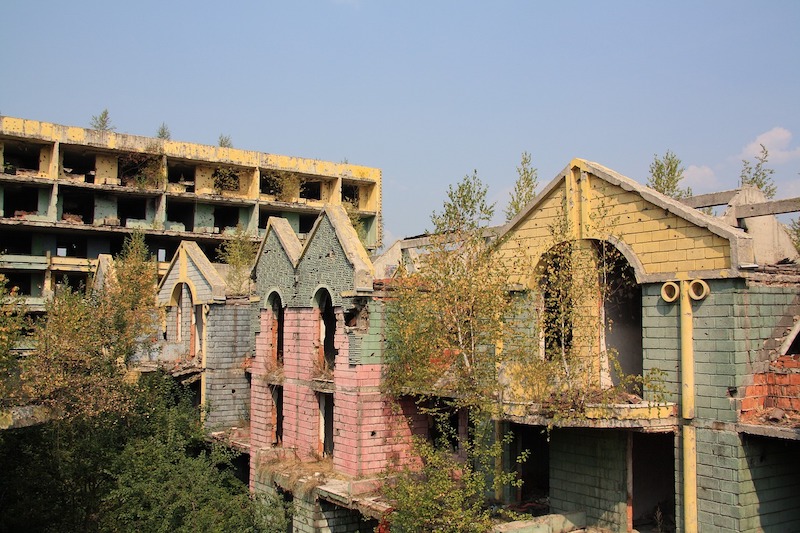
Three decades after the Bosnian war in the 1990s, Bosnia and Herzegovina remains sharply divided along ethnic lines, with much of its population still suffering from war trauma.
Before ending in December 1995 with the Dayton Peace Accord, the war between Bosnia’s Serbs, Bosniaks and Croats claimed over 101,000 lives.
Some scars are obvious, such as the dilapidated, bullet hole-ridden buildings, while others, like the trauma suffered by the people, are hard to spot at first sight.
Bosnia has yet to make a centralised database of all the victims of war or those suffering from PTSD. According to a 2020 study by the country’s Health Ministry, more than 60 percent of the population in the capital of Sarajevo alone ― a city that spent much of the war under siege, grenades and sniper fire ― suffer from symptoms of PTSD.
According to the authorities, the country still has about 8,000 people living in collective houses as well.
The Peace Accord ended the war, but society remains sharply divided along ethnic lines.
The country is organised into a multiethnic national government, with many powers devolved to a majority Bosniak and Croat Federation of Bosnia and Herzegovina that’s further divided into ten cantons, a Serb-dominated entity of Republika Srpska, and a tiny self-governed district called Brcko.
Efforts to introduce alternatives to the Dayton Agreement have never taken hold. Thus, Bosnia’s government on all levels has been rendered largely ineffective, as each of the three ethnicities have resumed their gripes and blocked each other from realising their aims to help the country progress.
Meanwhile, Bosnian Serbs have pressed on with their secessionist efforts for Republika Srpska.
The frustration has fueled an exodus of youth and estimates are that tens of thousands leave the country each year. And for the young people who remain, the OSCE reported that segregated schools, where pupils learn to vilify those of another ethnicity, is still a pressing issue.
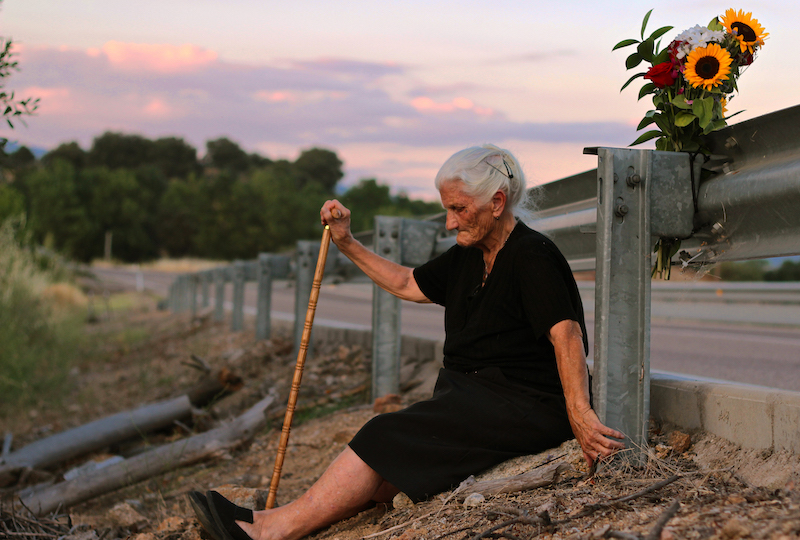
“This country is a great tomb. When you hear political leaders saying that our great national poet was Federico García Lorca, they forget to say that he is a forced disappeared. This is significant. If the wounds are not cauterised, it is impossible to heal them. Generating truth, justice and reparation are basic elements for the country to move forward.
One of the great causes of the extreme polarisation we are experiencing in Spain is that these wounds have never been closed. And the problem is not only silence, but the lack of memory, or the false memory of what happened. Because to generate transparency is not to generate revenge.”
Miguel Martínez del Arco is the son of the woman who spent the longest time in jail during Franco’s dictatorship, a sentence of almost two decades. Against the voices that say the war is a ‘closed chapter’ of Spanish history and the country should ‘move on’, the victims claim that this is not possible without memory.
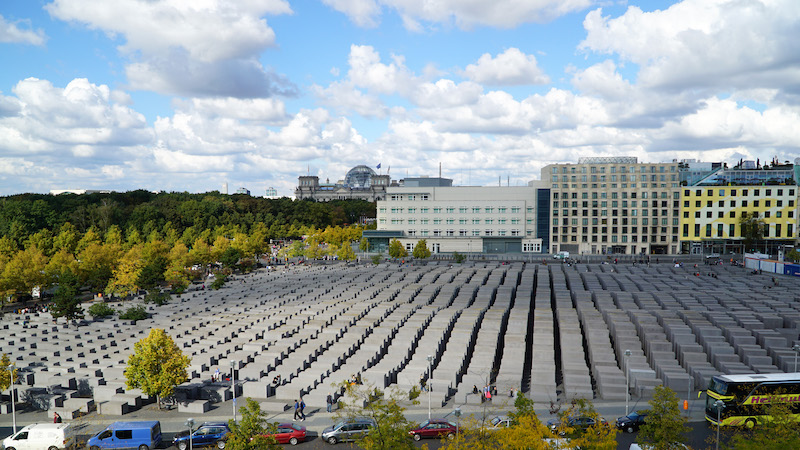
People from abroad keep telling me that Germany is exemplary in coming to terms with its fascist past — including at the editorial meeting for this newsletter. Every time, this makes me freeze, and I cannot find the words to express my unease. Here’s an attempt to overcome this speechlessness.
Have “we Germans” learned the lessons of our history? Have we faced up to our responsibility for the murder of millions of people and the suffering as a result of war and persecution? Is our democracy immune to nationalist and totalitarian ideologies? With the current rise of the right-wing Alternative for Germany party, and racist murders and attacks on minorities in Germany, this is hard to believe.
We must not forget that it took decades — in West Germany — for the Nazi crimes and German responsibility to be discussed among the general population. And this was mainly due to pressure from civil society. Until then, high-ranking positions in the judiciary, administration and politics had been occupied by perpetrators and accomplices of the Nazi regime. Crimes were played down and criminals rehabilitated.
Countries such as Poland and Greece have still not received reparations. And there is no sign that the German government is even considering whether such claims are justified.
From the outside, it may seem that Germany is a model in coming to terms with its own history. Every child learns about the crimes of National Socialism in school. Public remembrance is firmly anchored by memorials in central locations and commemorative events attract the most senior representatives.
But there is a great danger that this commemoration will become a cliché, a shallow routine. Too many people claim that “enough is enough” when it comes to remembrance. This will never be the case as long as the suffering caused by persecution and war continues and the trauma is passed on to future generations. It takes a lot to heal the scars.
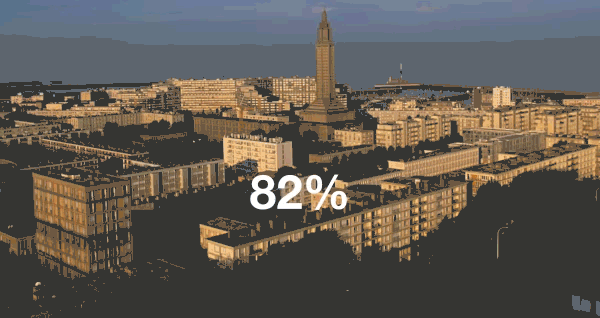
Le Havre has long been nicknamed “Stalingrad-on-Sea”. To the eyes of many, its straight avenues lined with identical grey concrete buildings, built after the Second World War, were depressing and the city was considered one of the ugliest in France.
Towns on the Normandy coast paid the highest toll to the war: they were massively bombed, and Le Havre suffered the most destruction. 82% of the buildings were razed.
In the place of the ruins, architect Auguste Perret created a giant experiment. This was long criticised, but the inhabitants have since managed to change the way the city is seen, and obtained a UNESCO World Heritage listing in 2005.
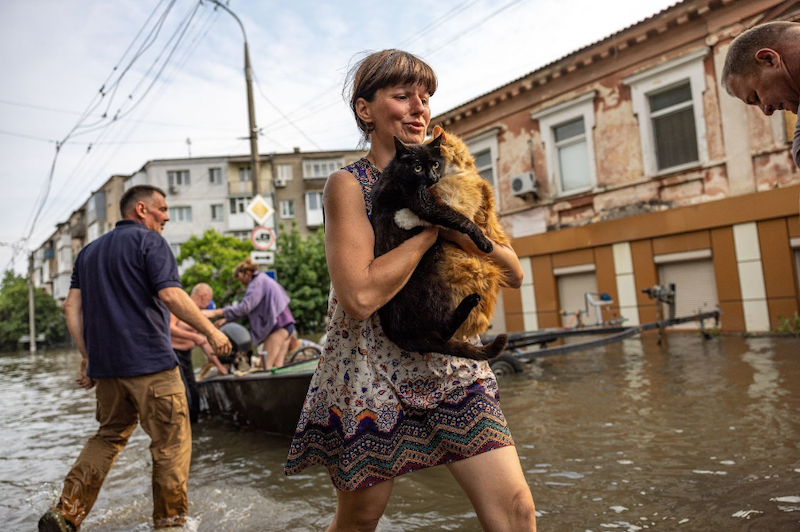
On 6 June, the Ukrainian Kakhovka Hydropower Plant was destroyed ― according to several reports, by Russian occupying forces. This caused the largest ecological disaster in Europe in decades, which will result in many long-term effects. Engineer and ecologist Serhiy Porovsky details the impact.
What is the situation in south Ukraine now, a month after the Kakhovka HPP was destroyed?
There are problems with water supply in several settlements around the Kakhovka Reservoir. Groundwater level has lowered significantly, agricultural produce suffers. The prospects of using the Dnipro river for shipping are ruined. Vast territories are contaminated, as the flood water reached industrial facilities, fields and cemeteries ― where there are many toxic substances. There is a high chance of outbreaks of gastrointestinal diseases and cholera because of dead fish, animals and people in the affected area.
Romania and Bulgaria will also be impacted. I think that in the next weeks they will start registering increased pollution in the seawater. There are already reports about dead dolphins found on their seashores.
How will the situation change in the mid-term?
This will only be revealed after the water fully recedes and the work on other dams on the Dnipro river stabilises. Also, it depends on whether the Ukrainian state will have access to the remains of the Kakhovka HPP. If yes, it will be possible to build the bulkhead and partially restore the groundwater level. If this won’t be done until next summer, it will be a completely different story.
Is there anything that can be done to mitigate these effects?
Now it’s important to record all damage caused by the dam destruction. Preliminary data, gathered by Ukraine’s Ministry of Ecology, estimates losses at $6 billion. Other countries also need to record the losses they may now be suffering. If Russia is recognised as the guilty party for this catastrophe, it should pay reparations according to the findings. This money should be spent on restoring the dam to its former status.
Thanks for reading the 37th edition of European Focus,
After WWII, there were many problems with unexploded mines, justice, reconciliation, economic development, and the treatment of war veterans. After the Balkan wars, this story repeated itself. Following the Russo-Ukrainian war, people will face it again.
But there is still a strong hope that, despite the fact that history repeats itself, humanity also evolves, and to some of these problems, we all can find better solutions.
What do you think of this newsletter and the topics it raised? Please tell us by writing to info@europeanfocus.eu.
See you next Wednesday!
Anton Semyzhenko

